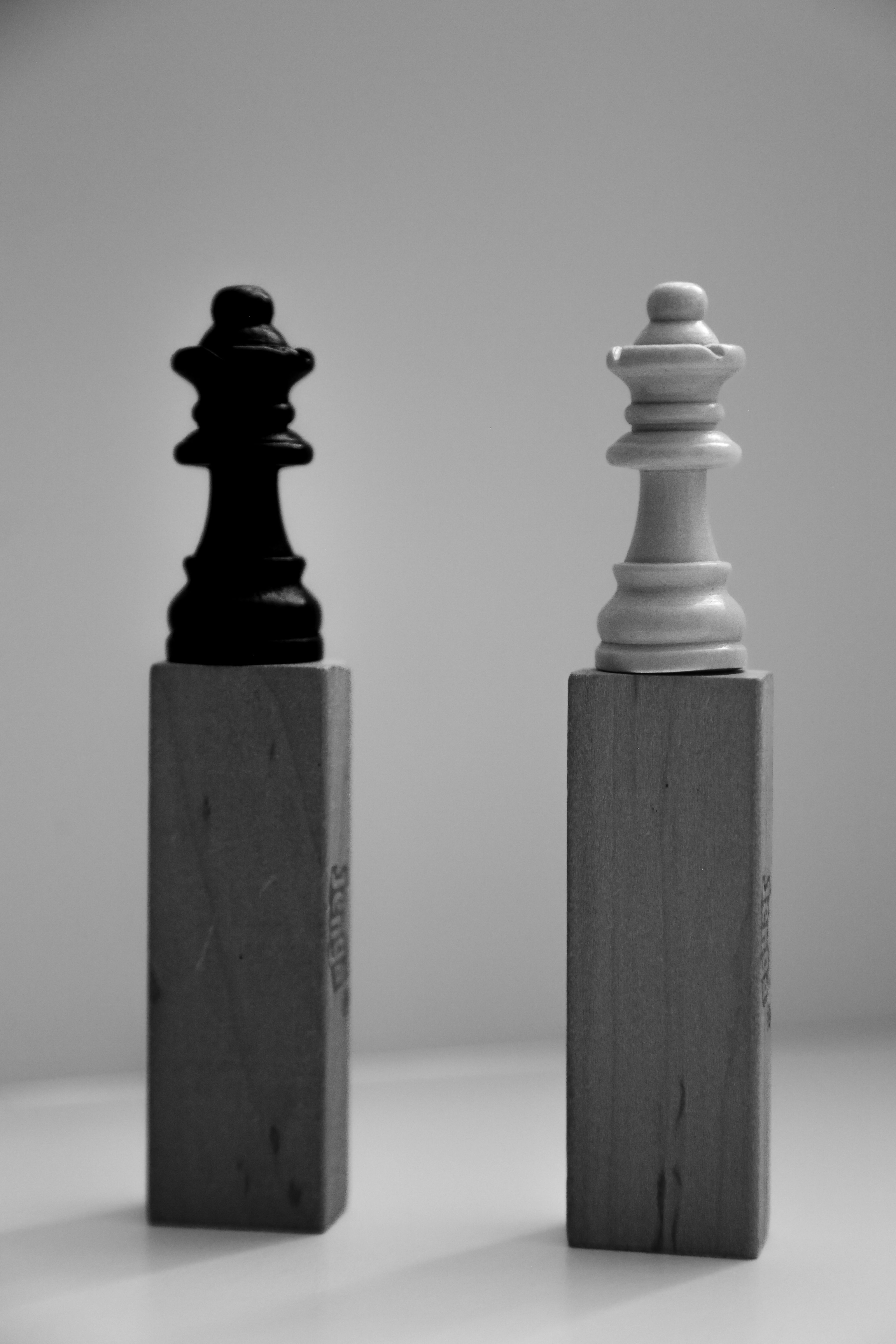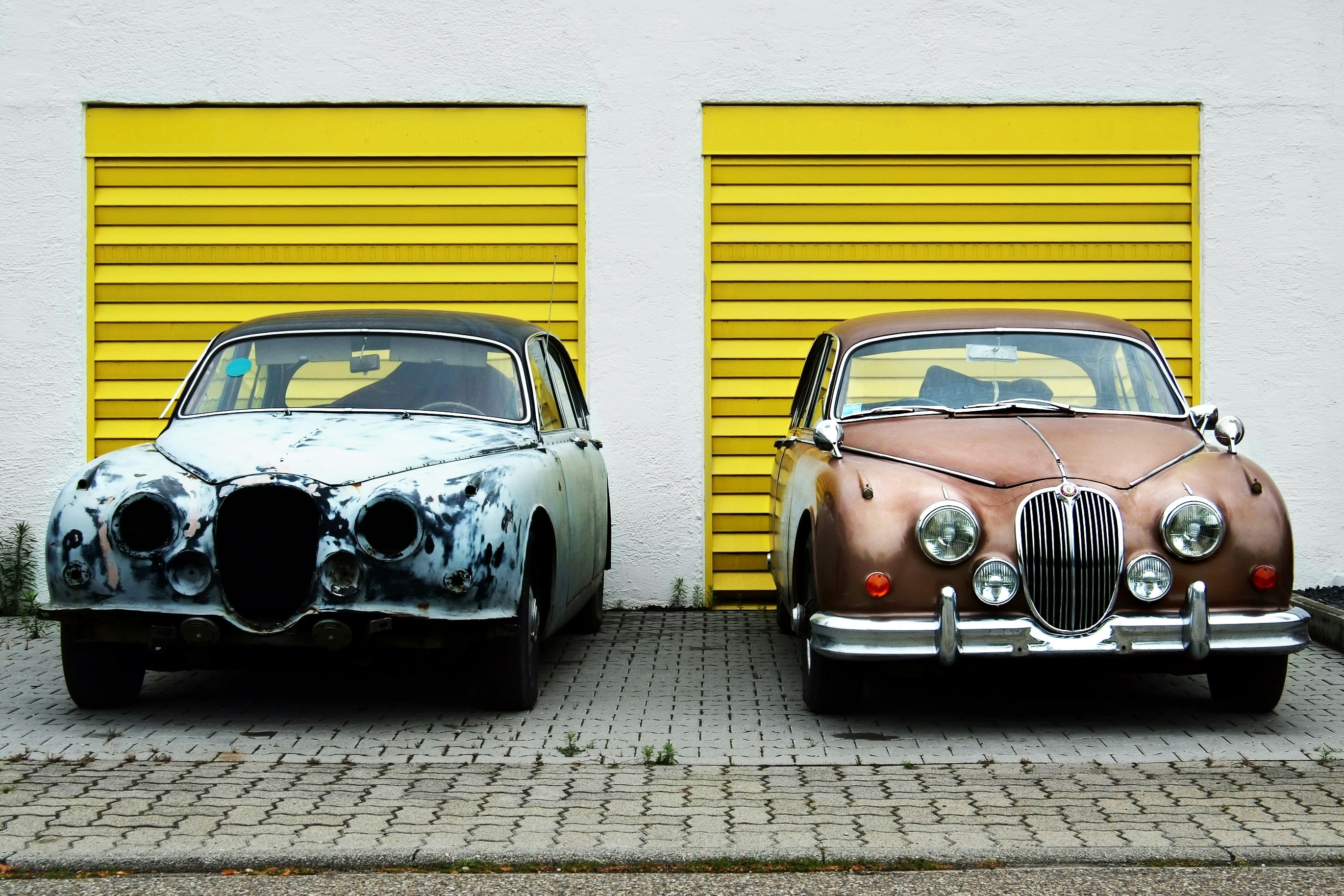Social Comparison in the Modern Age

Social comparison is nothing new. People have looked to others to gauge where they stand, whether in status, success or appearance. But in today’s digital age, social media has amplified this instinct, turning it into a daily habit for many, especially young adults.
There are two main types of social comparison: upward and downward. Upward comparison happens when we compare ourselves to those we perceive as better off—more successful, attractive or accomplished. Downward comparison, on the other hand, involves looking at those we believe are worse off. Both types serve a psychological purpose. They help us understand our place in the social landscape and can even motivate us to improve. Seeing someone thrive might push us to work harder, while recognising our own progress compared to others can boost self-esteem.
However, the rise of social media has made comparison more intense and more frequent. Platforms like Instagram, Facebook, X, Xiaohongshu, Snapchat, Threads and TikTok are flooded with curated snapshots of seemingly perfect lives—exotic holidays, flawless bodies, designer outfits and endless achievements. While these images can be inspiring, they often present an unrealistic standard. What we see is rarely the full picture; it's a highlight reel, not the behind-the-scenes reality.
This constant exposure can have unintended consequences. Social comparison, though natural, can become harmful when it fuels a scarcity mindset—the belief that we’re lacking, that we’re not enough. It shifts our focus to what we don’t have, rather than appreciating what we do. It also ignores the fact that everyone starts from a different place, with unique challenges and privileges. Comparing your journey to someone else's filtered success can lead to anxiety, low self-esteem and body image issues.
So, how do we navigate this? The key is to consume social media with a pinch of salt. Remember: not everything online is real and not everything good needs to be Instagram-worthy. You have your own strengths, talents and path. You’re not here to be someone else. You’re here to be you. Most people don’t post about their struggles, failures or insecurities, yet those are just as real and important as their triumphs.
In a world of endless scrolling, choose to pause. Reflect.
Celebrate your own progress. And most importantly, be kind to yourself.



